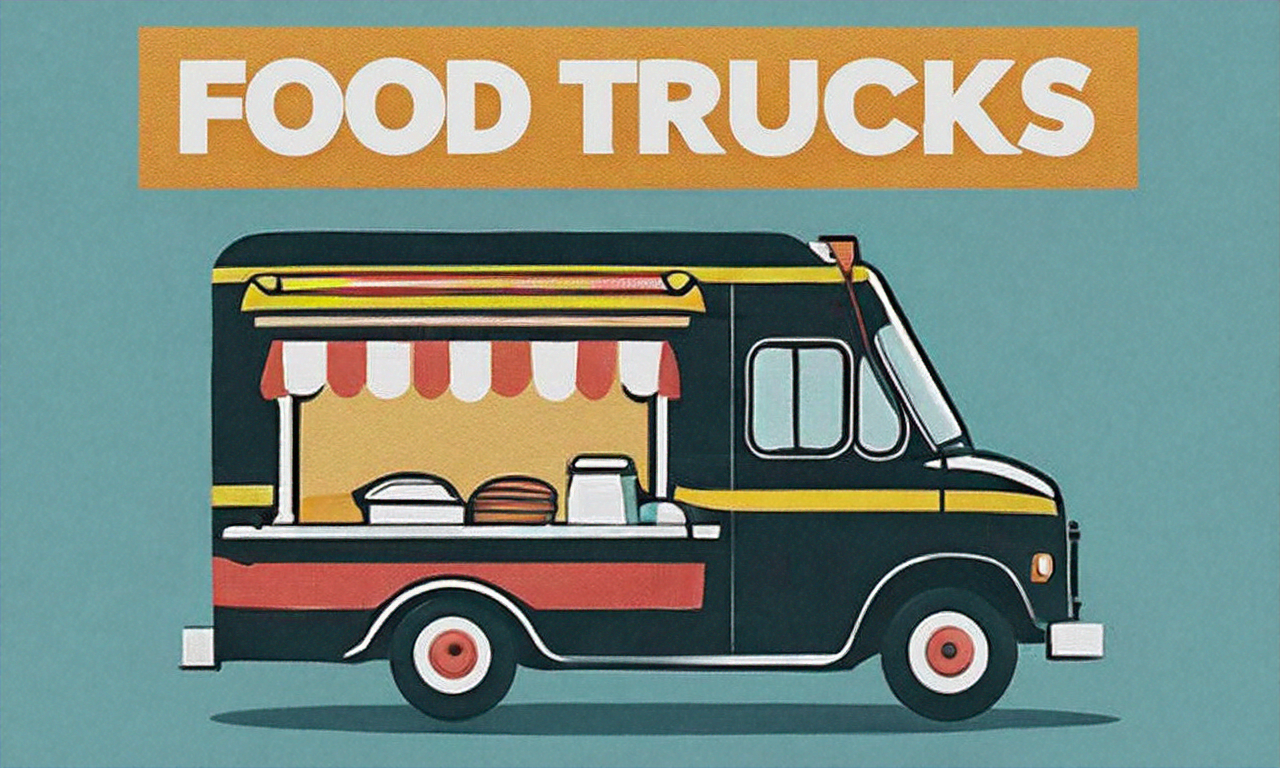Rent to Own Food Trucks: A Tasty Path to Entrepreneurship
The food truck industry is booming, offering aspiring entrepreneurs a flavorful way to enter the culinary world. Rent to own food trucks provide a flexible and accessible option for those looking to start their mobile food business without a hefty upfront investment.

What are rent to own food trucks?
Rent to own food trucks are mobile kitchens that aspiring food entrepreneurs can lease with the option to purchase after a specified period. This arrangement allows individuals to start their food truck business with lower initial costs while building equity towards ownership. The concept combines the benefits of renting with the long-term advantages of owning your own food truck.
How does the rent to own process work for food trucks?
The rent to own process for food trucks typically involves several steps. First, you’ll need to find a reputable food truck dealer or manufacturer offering this option. After selecting your desired truck, you’ll sign a lease agreement that outlines the rental terms, including monthly payments and the duration of the lease. During this period, a portion of your payments goes towards the eventual purchase of the truck. At the end of the lease, you’ll have the option to buy the truck outright, often at a reduced price considering your previous payments.
What are the benefits of renting to own a food truck?
Renting to own a food truck offers several advantages for aspiring food entrepreneurs. It allows you to start your business with lower upfront costs, as you don’t need to purchase the truck outright. This can be particularly beneficial for those with limited capital or who are testing the waters of the food truck industry. Additionally, the rent to own model provides flexibility, allowing you to assess the viability of your business before committing to a purchase. It also gives you time to build your brand and customer base while working towards ownership.
What should you consider before entering a rent to own agreement?
Before entering a rent to own agreement for a food truck, there are several factors to consider. First, carefully review the terms of the lease, including the length of the agreement, monthly payments, and any additional fees. Understand the maintenance responsibilities and whether they fall on you or the leasing company. Consider the condition of the truck and its suitability for your specific culinary needs. It’s also crucial to research local regulations regarding food trucks in your area to ensure compliance.
What are typical food truck prices and rental fees?
Food truck prices and rental fees can vary significantly based on factors such as size, equipment, and condition. New, custom-built food trucks can cost anywhere from $50,000 to $200,000 or more. Used food trucks might range from $20,000 to $80,000. For rent to own agreements, monthly payments typically fall between $1,500 to $3,500, depending on the truck’s value and the terms of the lease.
To give you a better idea of the costs involved, here’s a comparison of different food truck options:
| Option | Type | Estimated Cost | Monthly Payment (Rent to Own) |
|---|---|---|---|
| New Custom Truck | Full-size, fully equipped | $100,000 - $150,000 | $2,500 - $3,500 |
| Used Truck | 3-5 years old, good condition | $40,000 - $80,000 | $1,500 - $2,500 |
| Food Trailer | New, basic equipment | $30,000 - $50,000 | $1,000 - $1,800 |
Prices, rates, or cost estimates mentioned in this article are based on the latest available information but may change over time. Independent research is advised before making financial decisions.
How can you make the most of a rent to own food truck opportunity?
To maximize the benefits of a rent to own food truck arrangement, start by creating a solid business plan. Research your target market and develop a unique menu that stands out. Utilize social media and local events to build your brand and customer base. Keep meticulous records of your finances and sales to track your progress and make informed decisions about eventually purchasing the truck. Consider partnering with local businesses or participating in food festivals to increase exposure. Most importantly, maintain your truck well and provide exceptional customer service to ensure the longevity and success of your food truck business.
The shared information of this article is up-to-date as of the publishing date. For more up-to-date information, please conduct your own research.




